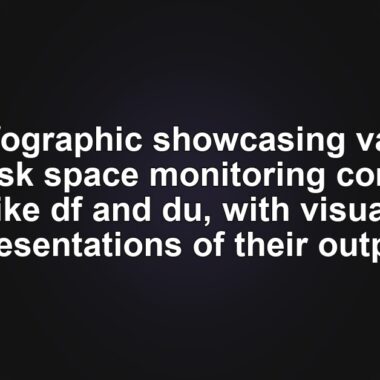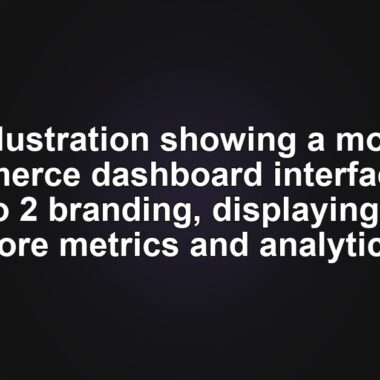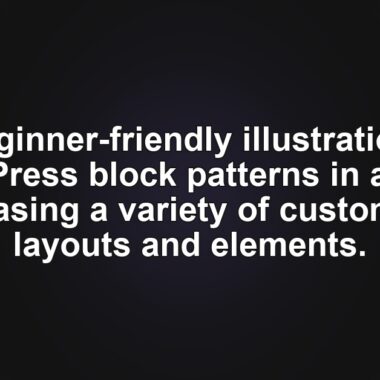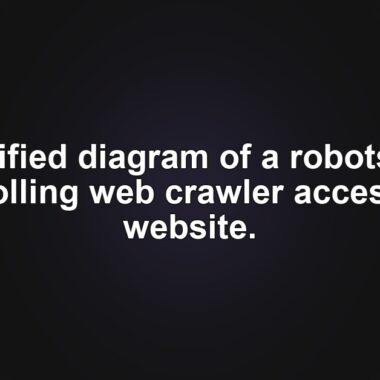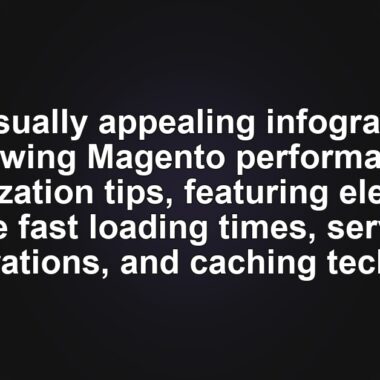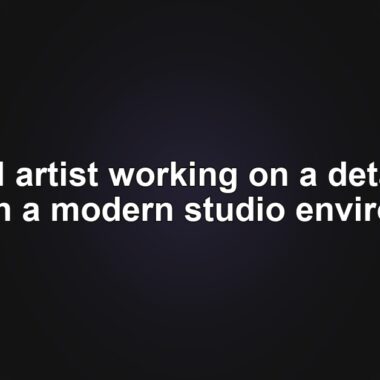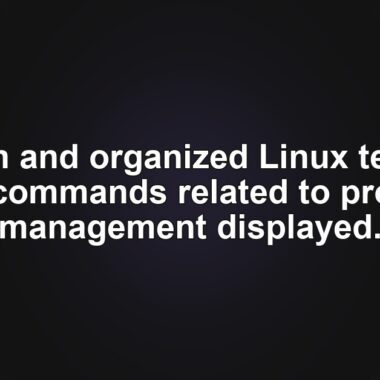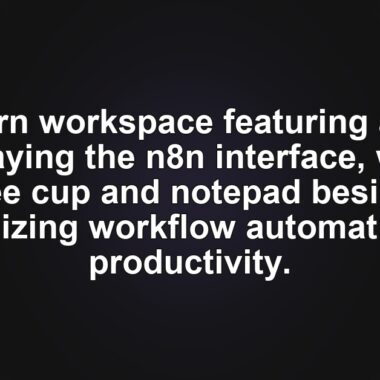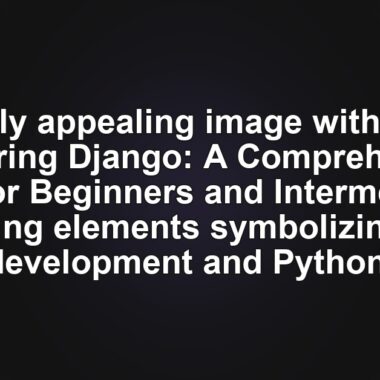Exploring the Best WordPress Frameworks for Customized Design
If you own a WordPress site, using a WordPress framework can offer a wide range of design customization options to enhance your online presence.
Choosing the right framework can significantly impact your site’s layout, functionality, and overall design. In this comprehensive guide, we’ll delve into what WordPress frameworks are, how they differ from themes, and explore the top frameworks available in 2025. Whether you’re a beginner or an intermediate user, you’ll find valuable insights to help you make an informed decision.
What Are WordPress Theme Frameworks?
WordPress frameworks are collections of code libraries that serve as a foundation for building WordPress themes. They streamline the development process by providing essential features and design elements, so you don’t have to start from scratch. By using a framework, you can also create a headless WordPress site.
Frameworks are categorized into two types: in-house and independent. In-house frameworks are used by brands to develop their own themes, like WPZoom’s Zoom Framework. Independent frameworks, such as Cherry and Genesis, are available for anyone to use. Understanding child themes is crucial when working with frameworks, as they inherit attributes from their parent themes, offering a safeguard against losing work during updates.
How Is a WordPress Theme Framework Different From a WordPress Theme?
The primary distinction between a WordPress framework and a theme lies in customization. Frameworks are designed to facilitate extensive modifications with comprehensive code libraries and tools, making them ideal for developers. In contrast, themes are ready-to-use, allowing for limited design tweaks due to fewer customization options.
The Pros and Cons of Using a WordPress Framework
Considering whether to use a WordPress framework? Here are the advantages and disadvantages:
Pros:
- Built-in functionality: Extensive libraries, hooks, widgets, and drag-and-drop features simplify development.
- Efficiency: Adherence to best practices ensures secure and well-coded sites.
- Community and resources: Popular frameworks have vast support networks and resources.
- Future-proofing: Customizations remain intact with core updates, safeguarding your work.
Cons:
- Learning curve: Mastering custom code takes time, and frameworks have limitations that may require patches or complex tweaks.
- Cost: Feature-rich frameworks can be pricey, especially with priority support and updates.
- Deprecated features: Framework-dependent themes risk losing features if the framework isn’t updated with the latest WordPress core.
The Best WordPress Theme Frameworks for 2025
Let’s explore the top WordPress frameworks for 2025, each with unique strengths and weaknesses:
1. Genesis Framework
Notable Features: Numerous child themes, widgets, and design tutorials.
Best Suited For: Theme developers focused on speed.
Price: $59.95/license, $360/year (Pro).
Pros: Clean, minimalist code for fast performance, strong community support.
Cons: Expensive, steep learning curve.
The Genesis Framework stands out for its efficiency and clean, SEO-friendly code. With a variety of customizable child themes and a robust theme customizer, users can make real-time design adjustments. While powerful, Genesis may not suit beginners due to its complex customization options.
2. Cherry Framework
Notable Features: Version control, automatic updates, plugin development.
Best Suited For: Developers seeking a free, highly extendable framework.
Price: Free.
Pros: Open-source, extensive child theme selection, highly extendable.
Cons: No priority support, steep learning curve.
Built on Bootstrap, Cherry Framework offers a modular system for simultaneous projects. Its open-source nature encourages community contributions, allowing for extensive enhancements. While free, Cherry’s demo themes come at a cost, and its dashboard might be challenging for new users.
3. Divi
Notable Features: Drag-and-drop, site-wide design elements, reusable sections.
Best Suited For: Beginners seeking a user-friendly visual framework.
Price: $89/year or $249/license.
Pros: Intuitive interface, comprehensive features, clean design templates.
Cons: Feature abundance may overwhelm beginners, custom shortcodes incompatible with other builders.
Divi by Elegant Themes is a comprehensive solution for WordPress design. With over 40 design elements, 800+ layouts, and dynamic animations, Divi suits various projects, including eCommerce. While feature-rich, it remains accessible to beginners, thanks to 24/7 customer support.
4. iThemes Builder
Notable Features: Style manager, layout editor, builder blocks.
Best Suited For: Non-coding website owners designing mobile-responsive themes.
Price: $80/year (Foundation Pack), $150/year (Developer Pack), $197/year (All Access Pass).
Pros: Responsive design, 100+ Page Builder themes.
Cons: Themes only in expensive plans, clunky interface.
iThemes Builder offers various premium themes and tools for creating responsive websites without coding. Its straightforward layout editor and Style Manager plugin simplify customization, though some advanced features may require technical skills.
5. Thesis 2.0
Notable Features: Point-and-click elements, landing page templates, modular content.
Best Suited For: Experienced developers or tech-savvy users.
Price: $87/year (one site), $187/year (five sites), $297/year (20 sites).
Pros: Easy maintenance, fast performance, SEO-friendly.
Cons: Limited custom theme options, steep learning curve.
Thesis 2.0 Framework is ideal for creating simple custom designs. Its modular content and point-and-click elements offer organized layouts. However, its interface may be challenging for beginners, and its simplistic design may not suit all projects.
To further enhance your WordPress experience, consider exploring frameworks like Gantry, Themify, WPZoom, Dynamik Website Builder, and Redux. Each offers unique features to cater to different needs and skill levels.
Are you ready to take your WordPress site to the next level? Explore the extensive design options and features available with these frameworks and find the perfect match for your project.
Hostinger offers reliable hosting solutions to support your WordPress site, ensuring smooth performance and scalability.
Conclusion
WordPress frameworks are invaluable tools for accelerating theme and website development. With various frameworks suited for different projects, including blogs, landing pages, and eCommerce sites, it’s essential to consider your technical expertise and budget when selecting the right one.
To recap, here are our top five WordPress theme frameworks:
- Gantry Framework – budget-friendly with extensive options.
- Cherry Framework – feature-rich and highly extendable.
- WPZoom – beginner-friendly with robust features.
- Genesis Framework – ideal for advanced users seeking speed and efficiency.
- Redux – popular and versatile for diverse projects.
We hope this guide helps you choose the best framework for your WordPress site. Happy designing!
Starter-Pack HTML
WordPress MultisiteA Quick Guide to Headless WordPressHow to Locate and Create WordPress .Htaccess FileEverything About wp-config.phpHow to Add Custom Css to WordPressWhat Are WordPress HooksWhat Is xmlrpc.php
Putri N.
Putri is a technology enthusiast with over five years of writing experience. She loves to share her knowledge and insights about the internet and all things tech-related with the world. When she’s not writing, you can find her exploring new gadgets and apps or reading up on the latest industry news.
👉 Start your website with Hostinger – get fast, secure hosting here 👈
🔗 Read more from MinimaDesk:
- How to Disable xmlrpc.php in WordPress: A Step-by-Step Guide
- Mastering the WP-Content Directory in WordPress
- The Ultimate Guide to WP-Content: Access, Upload, and Hide Your WordPress Directory
- How Many WordPress Plugins Are Too Many? Optimize Your Site for Success
🎁 Download free premium WordPress tools from our Starter Tools page.
